

For Denise Beckham, the path to carving out a fulfilling career in Geographic Information Systems (GIS)was an exercise in perseverance.
Beckham, who grew up in Lake Isabella, completed her bachelor’s degree in geology at Southern Utah University and returned to California after graduation to find work. But she soon hit a roadblock.
“I discovered it was kind of hard to find an entry level geology job,” Beckham recounts. “Most of the jobs I saw required a master’s degree or even a doctorate.”
Even if you don’t have GIS in your title, you might end up somewhere where GIS work needs to be done and, if you have the training, you’ll be able to step up and do it. — Denise Beckham
While figuring out what to do next, she took a minimum wage job in Lake Isabella.
“I was trying to think of a way to get into a career when I remembered a GIS class I took in undergrad that I really liked.”
Beckham looked around to see if there were any GIS training programs nearby, but came up short. However, a few months later a friend, who was a CSU Bakersfield student, told her that the university was launching a GIS Certificate program and accepting applications for its first cohort. She quickly applied to meet the deadline and was admitted. Once in the two-semester program, she found that she enjoyed learning more about GIS.
“I thought I might be really rusty [with the concepts] but I was surprised at how quickly everything came back.”
GIS — a technological field that maps, analyzes and assesses real-world problems — links geographical features with tabular data.
Beckham’s interest in the field kept her going despite the challenging commute — more than an hour each way a few times a week – in addition to maintaining her job and residence in Lake Isabella.
“Luckily the classes were in the evening, so I went straight to Bakersfield after work. But it also took a lot of time to drive home and then I had to do homework.”
Just as she was adjusting to her new schedule, she was laid off from her then-job due to cutbacks. A month later, an email went out to GIS program students about an unpaid internship with Kern County Public Health. Though Beckham had concerns about it being unpaid, she applied because she knew the work experience would be valuable.
“I figured I just really needed to get my foot in the door.”
She landed the internship in October 2017 and soon began to ascend within the organization. The county began paying her in January 2018 when they were able to hire her as “extra help.” When a GIS Technician position opened in May 2019, Beckham applied and got the job. After a six-month probationary period, she became a permanent employee. A few months later, the more senior position of GIS Information Specialist opened up and Beckham jumped at the opportunity to apply.
“I barely had enough education and experience to qualify,” she says.
Beckham’s persistence paid off. She got the job and is now leading the COVID-19 dashboard team for Kern County — a role she loves.
“I work with a lot of data to help analyze and spot trends that you wouldn’t be able to see if it wasn’t visualized on a map,” she says. “For example, if we’re tracking cases of a disease it makes it really easy to see hot spots of high-density areas that wouldn’t be obvious if you were looking at a list of addresses.”
Looking into the future, Beckham sees herself in a GIS Programmer role in five years. As for advice to those considering the GIS Certificate
program, she stresses that it can give you a competitive edge.
“GIS is a growing field and is used in all kinds of different industries, like government, geology, agriculture and oil,” she says. “Even if you don’t have GIS in your title, you might end up somewhere where GIS work needs to be done and, if you have the training, you’ll be able to step up and do it.”

